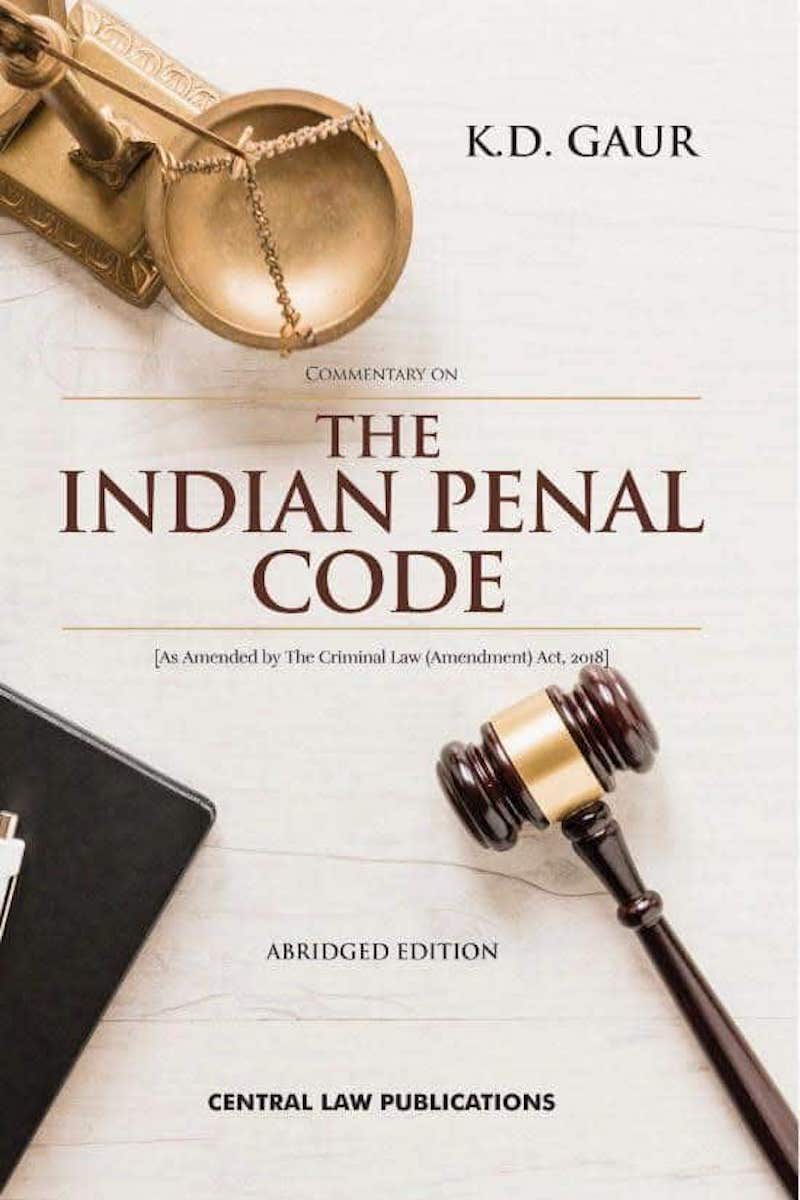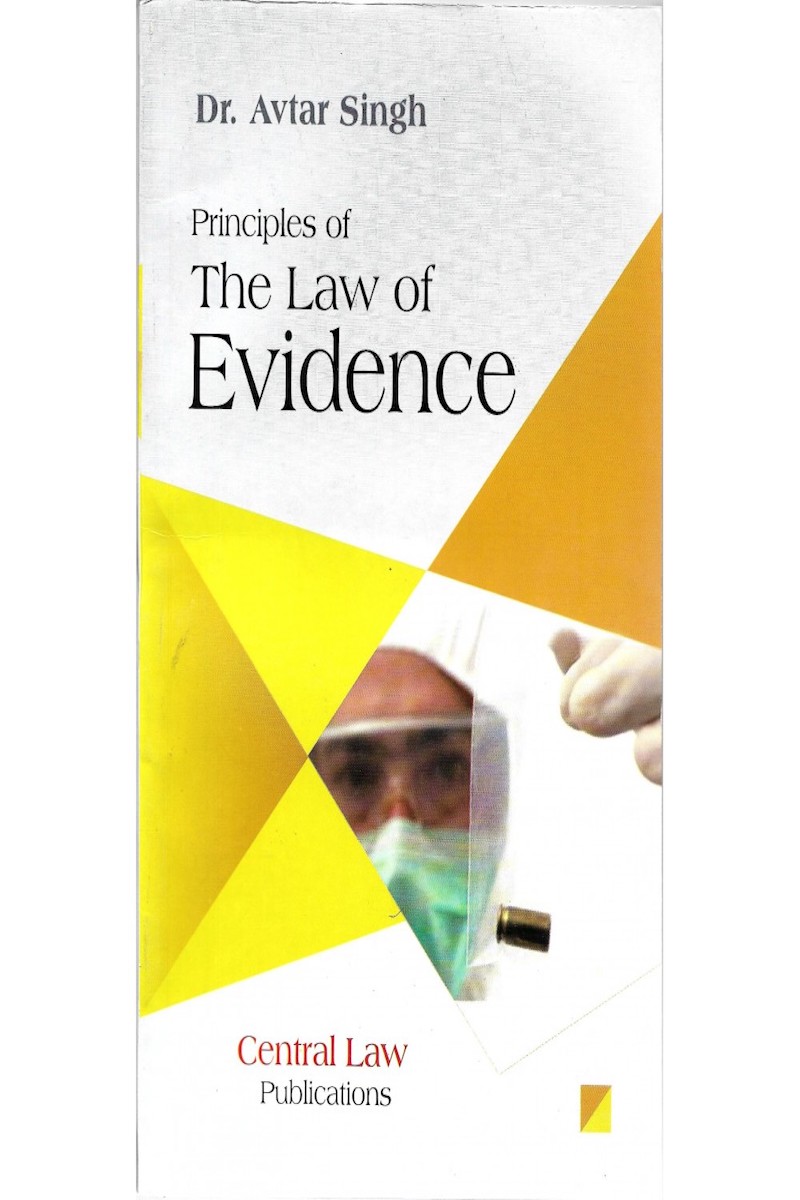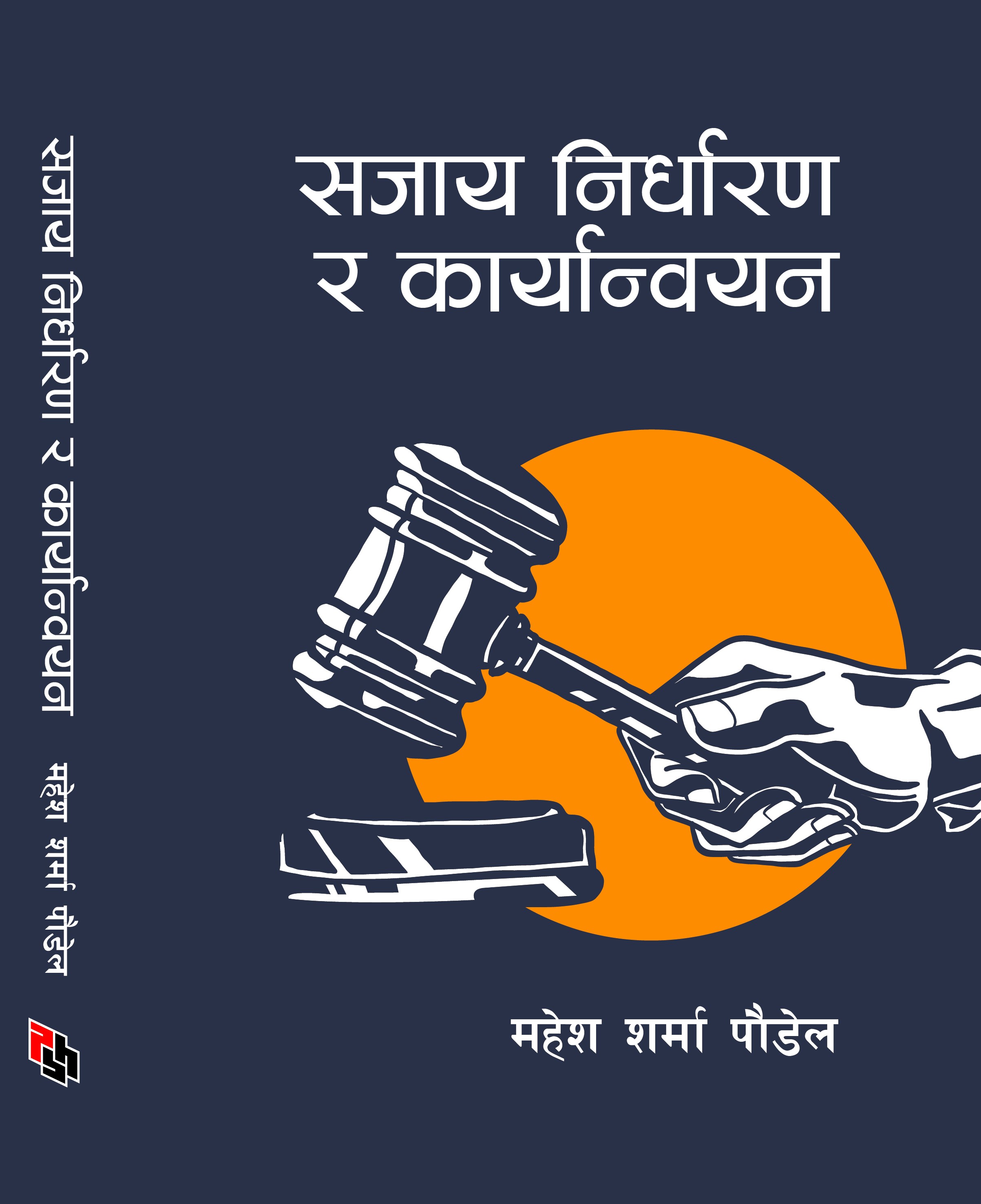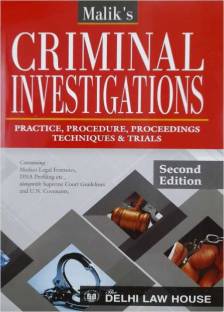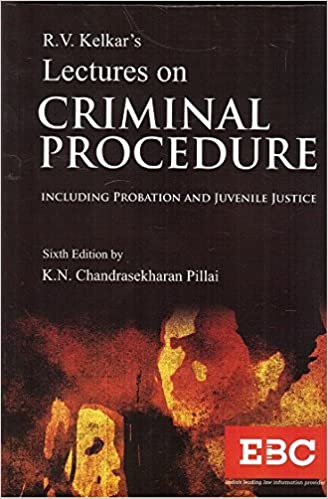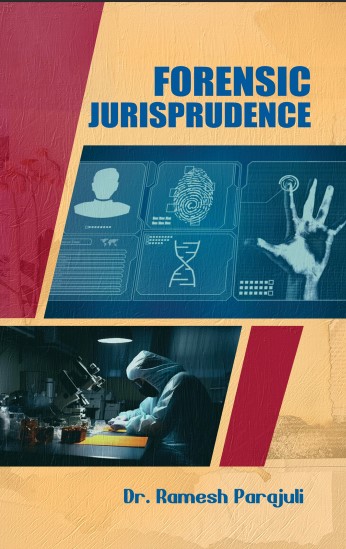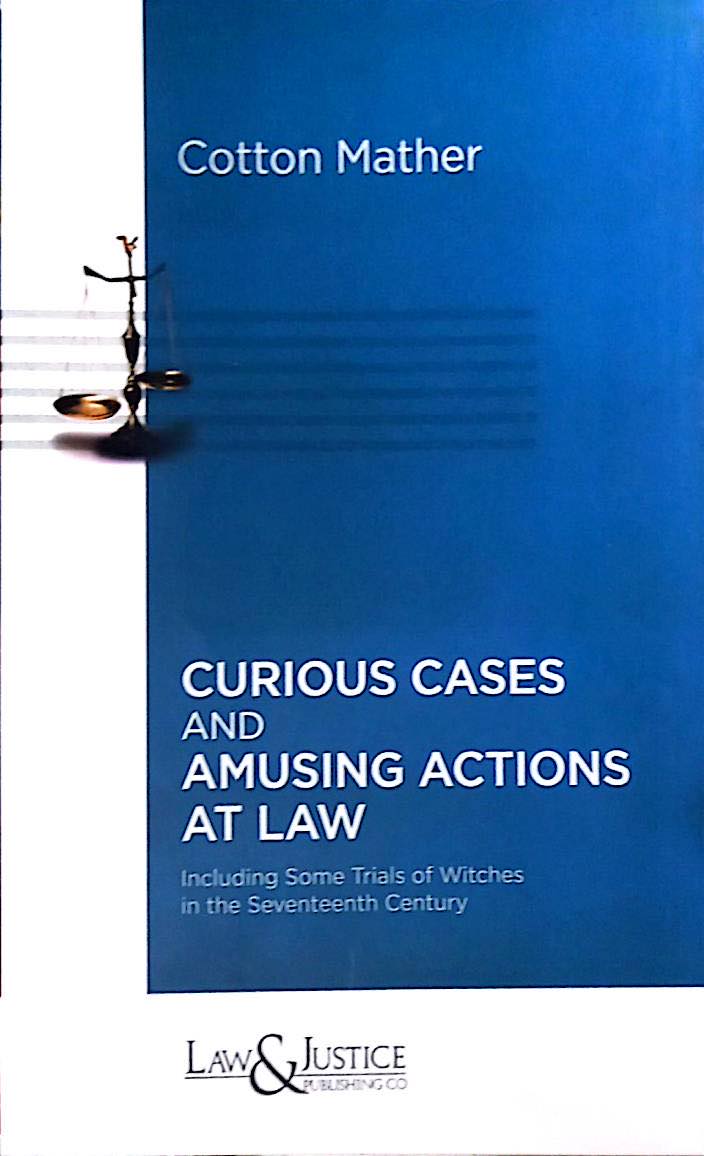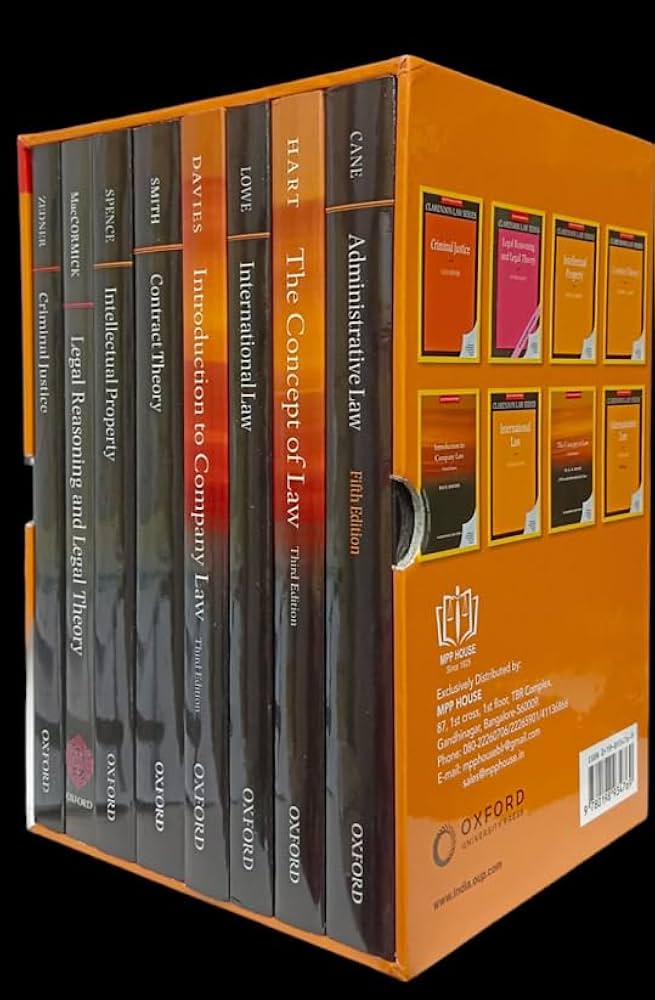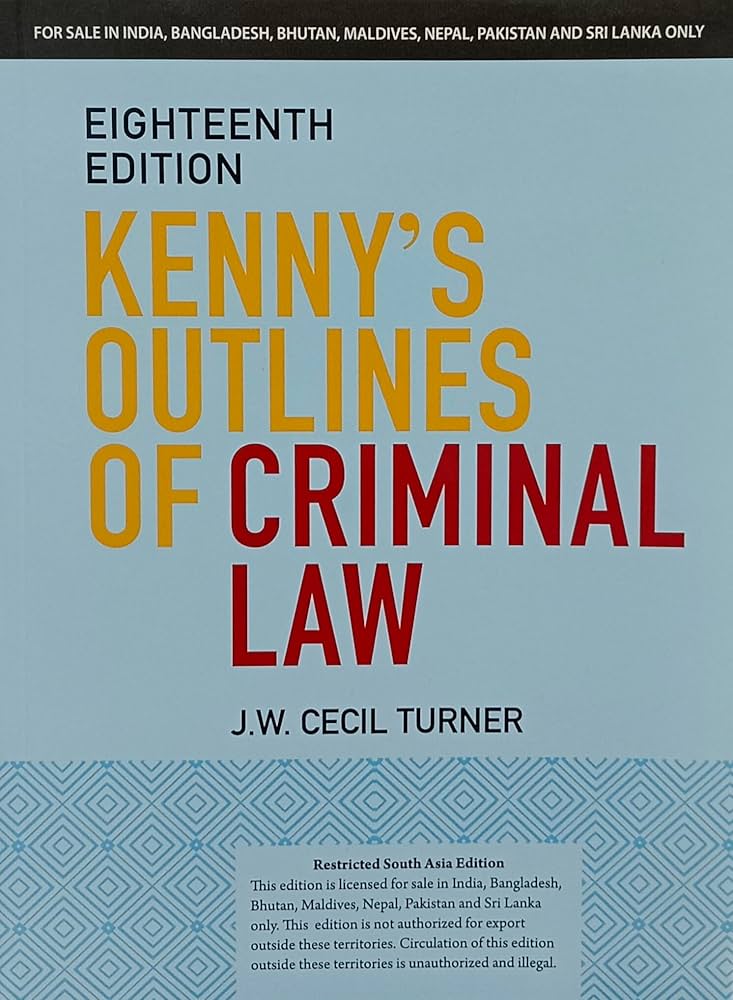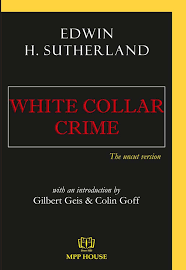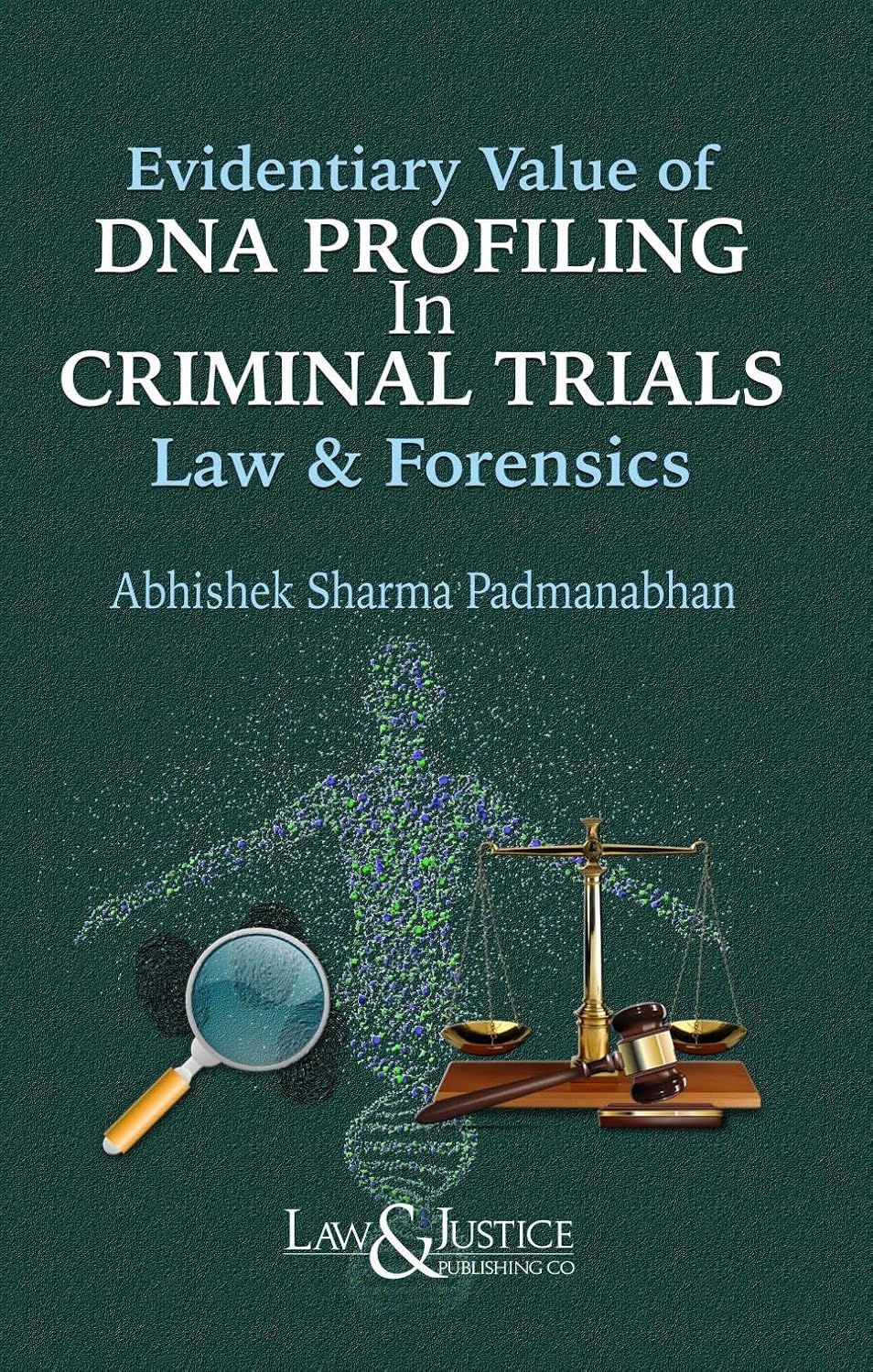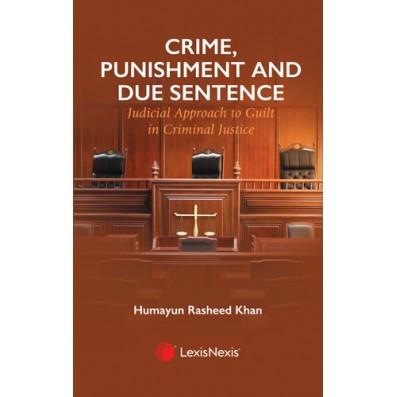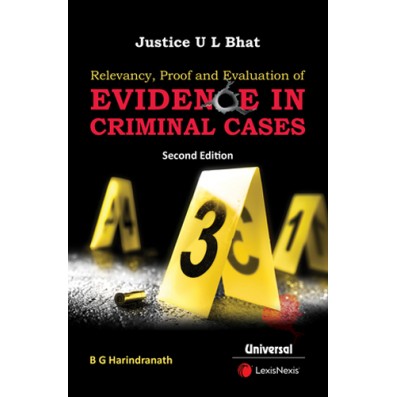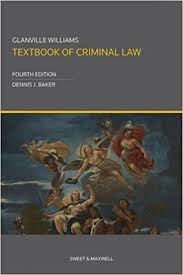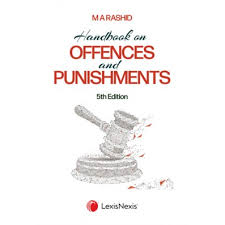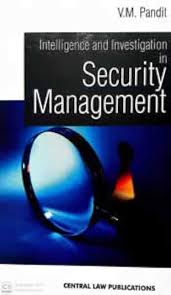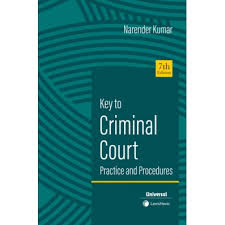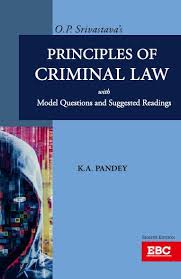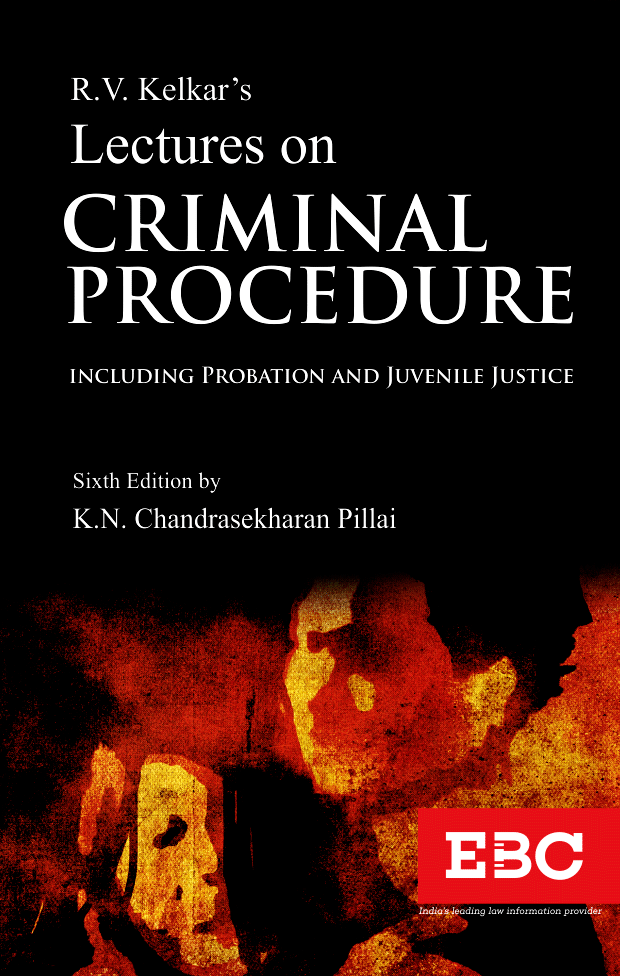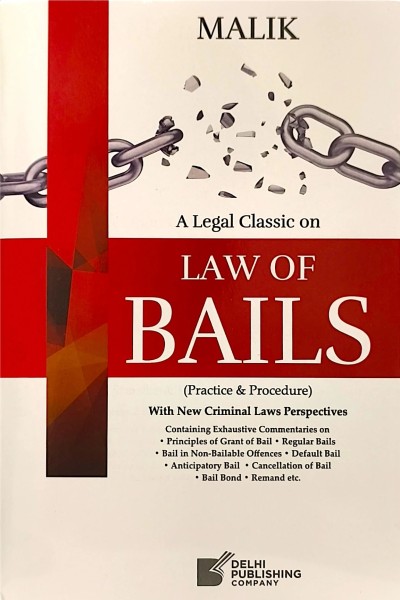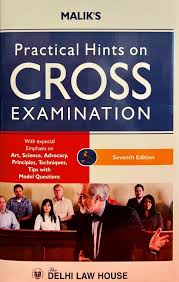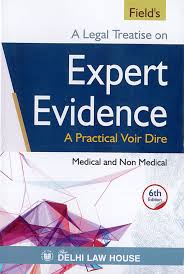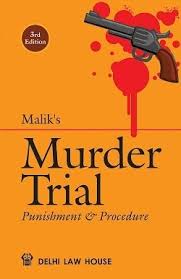Sentencing Principles by J.K Verma
Book Overview
Sentencing Principles by Dr. J.K. Verma takes stock of the current practice and procedure of sentencing in India and presents Model Sentencing Guidelines.
The problem of disparity and inconsistency in sentencing has been a matter of grave concern in all jurisdictions. Every jurisdiction has been trying to overcome this difficulty in its own way by either, adopting standards from Guideline Judgments of Superior courts, prescribing mandatory minimum sentences by the legislature, or Sentencing Guidelines enacted by the legislature, or a mix of all three.
England and Wales have set up the Sentencing Council which lays down mandatory guidelines for sentencing. Similarly, the United States has set up the Sentencing Commission which promulgates federal sentencing guidelines. In India, the Penal Code prescribes only a maximum sentence for most offenses giving wide discretion to the sentencing judges resulting in disparity and inconsistency in sentences imposed by different sentencing courts for the same offenses on similar evidence. This brews dissatisfaction and skepticism in the public mind towards the justice delivery system on the one hand and encourages court hopping on the other hand.
Guideline judgments issued by the Supreme Court are mainly confined to death sentences, and the Criminal Law (Amendment) Act, 2018 prescribing mandatory minimum sentences for some offenses only (although a good beginning in the right direction) is not enough basis for a comprehensive sentencing guideline.
This book presents Model Sentencing Guidelines having the potential for universal acceptance. Further, the author suggests a 'Sentencing Working Sheet' which over time should help improve the functioning of the Model Guidelines. It is hoped that this sheet will be used as a tool by the sentencing courts to issue uniform sentences. Policymakers would also find them useful.
This book will be found useful by the judiciary, policymakers, legislature, lawyers, prosecution agencies, judicial academies, law students, and anyone interested in proper sentencing.



